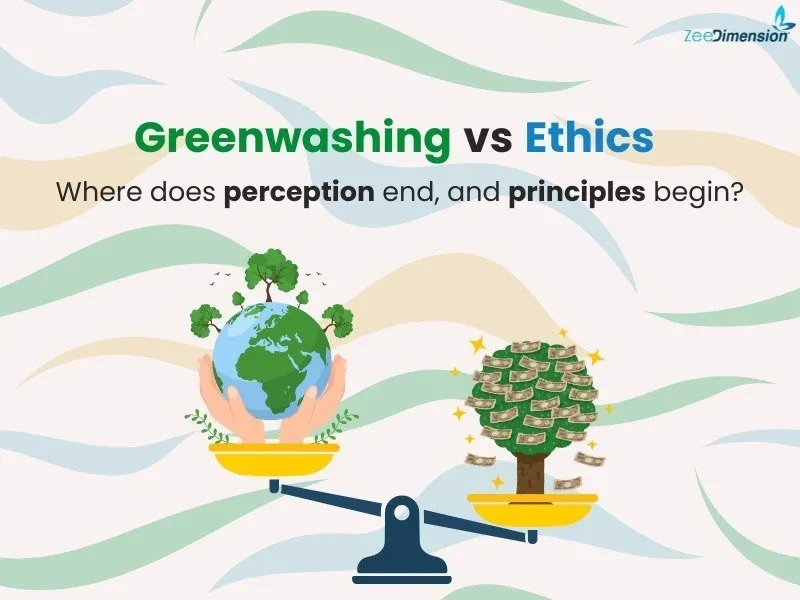
Defining Greenwashing
Greenwashing is the act of misleading stakeholders about the environmental benefits of a product, service, or policy.
Examples include:
• Overstating sustainability efforts.
• Using vague labels like “eco-friendly.”
• Highlighting minor wins while ignoring larger issues.
Ethical Practices in Sustainability
True ethics go beyond marketing. They focus on:
Honesty: Clear communication about efforts and impact.
Accountability: Owning successes and shortcomings.
Consistency: Aligning actions with values.
The Risks of Greenwashing
Greenwashing can seriously backfire:
Reputational Damage – Loss of consumer trust.
Regulatory Penalties – Governments are cracking down.
Competitive Loss – Genuine efforts go unrecognized.
How to Embrace Ethics
Combat greenwashing by adopting transparent, sustainable practices:
Quantify your efforts: Use measurable data (e.g., carbon footprint reduction).
Third-party verification: Build trust through independent audits.
Be holistic: Address environmental, social, and governance dimensions.
Ethical Leadership Matters
Ethical leaders see sustainability as a responsibility, not a strategy.
They prioritize authentic efforts, transparency, and accountability over temporary wins.
Closing Thought
Greenwashing may win applause, but ethics wins loyalty.
Build a sustainable future with integrity, and the respect of your stakeholders will follow.







